Home>Gardening & Outdoor>Landscaping Ideas>What Is The Best Weed Killer For Grass


Landscaping Ideas
What Is The Best Weed Killer For Grass
Modified: March 24, 2024
Discover the best weed killer for grass and improve your landscaping with effective solutions. Explore top landscaping ideas and products to maintain a healthy lawn.
(Many of the links in this article redirect to a specific reviewed product. Your purchase of these products through affiliate links helps to generate commission for Storables.com, at no extra cost. Learn more)
Introduction
When it comes to maintaining a lush, healthy lawn, dealing with weeds is an inevitable challenge. Unwanted plants can quickly invade your green space, competing with your grass for essential nutrients, water, and sunlight. To combat this issue, many homeowners turn to weed killers as a solution. However, choosing the right weed killer for your grass can be a daunting task, as there are numerous options available, each with its own set of benefits and considerations.
In this comprehensive guide, we'll explore the best weed killers for grass, taking into account various factors that can influence your decision. Whether you're facing a minor weed problem or a more persistent infestation, understanding the different types of weed killers and their specific applications will empower you to make an informed choice for your lawn care needs.
Join us as we delve into the world of weed killers, arming you with the knowledge to effectively combat weeds and preserve the beauty of your grassy landscape.
Key Takeaways:
- Choose the right weed killer by considering grass type, weed type, and environmental impact. This ensures effective weed control while preserving the health of your lawn.
- Top weed killers like Scotts Turf Builder and Ortho Weed B Gon offer effective weed control without harming your grass. Select the best product for your lawn’s unique needs.
Read more: What Is A Natural Grass And Weed Killer
Factors to Consider When Choosing a Weed Killer
Before selecting a weed killer for your grass, it’s essential to consider several key factors to ensure that you choose the most suitable product for your specific needs. By taking these factors into account, you can make an informed decision that will effectively target weeds while safeguarding the health of your grass.
- Grass Type: Different weed killers are formulated for specific types of grass. It’s crucial to identify the variety of grass in your lawn to ensure compatibility with the weed killer you choose.
- Weed Type: Understanding the types of weeds infesting your lawn is essential. Some weed killers are designed to target broadleaf weeds, while others are effective against grassy weeds. Identifying the specific weed species will help you select the appropriate product for eradication.
- Application Method: Consider the method of application that best suits your preferences and lawn size. Whether you opt for a liquid concentrate, ready-to-use spray, or granular formula, the application method should align with your convenience and the scale of the treatment area.
- Environmental Impact: Assess the environmental implications of the weed killer. Look for products that are formulated to minimize harm to beneficial insects, pets, and the surrounding ecosystem.
- Residual Effects: Some weed killers can have residual effects that may impact future plantings or harm desirable vegetation. Understanding the persistence of the product in the soil is crucial for long-term lawn management.
- Seasonal Considerations: Take into account the time of year when you plan to apply the weed killer. Some products are best suited for specific seasons, while others are versatile and effective year-round.
- Effect on Lawn Health: Consider the impact of the weed killer on the overall health of your grass. Opt for a product that targets weeds without compromising the vitality and appearance of your lawn.
By carefully evaluating these factors, you can narrow down your options and select a weed killer that aligns with your lawn’s unique requirements, ensuring effective weed control while promoting the flourishing beauty of your grass.
Types of Weed Killers
Weed killers, also known as herbicides, are available in various formulations, each tailored to target specific types of weeds and offer distinct application methods. Understanding the different types of weed killers will enable you to choose the most appropriate option for your lawn’s needs. Here are the primary categories of weed killers:
- Pre-Emergent Herbicides: These weed killers are designed to prevent weed seeds from germinating. Applied before weed growth begins, pre-emergent herbicides create a barrier in the soil, inhibiting the establishment of new weeds. They are effective for controlling annual weeds and can be particularly beneficial for maintaining a weed-free lawn.
- Post-Emergent Herbicides: Post-emergent herbicides are formulated to target weeds that are already growing. They are further categorized into selective and non-selective herbicides. Selective herbicides target specific types of weeds, such as broadleaf or grassy weeds, while non-selective herbicides are effective against a wide range of weed species.
- Contact Herbicides: These herbicides deliver immediate results upon contact with the weed’s foliage. They are ideal for targeting visible weeds and are often used for spot treatments or controlling weeds in specific areas without affecting surrounding vegetation.
- Systemic Herbicides: Systemic herbicides are absorbed by the weed and translocated throughout the plant, effectively killing it from the inside out. This type of herbicide is particularly useful for controlling deep-rooted perennial weeds and ensuring comprehensive eradication.
- Residual Herbicides: Residual herbicides remain active in the soil for an extended period, providing ongoing weed control. They are commonly used in areas where long-term suppression of weeds is desired, such as along fence lines or in non-crop areas.
Each type of weed killer offers unique advantages and considerations, making it essential to assess your lawn’s specific weed issues and your desired application method before selecting the most suitable herbicide. By understanding the characteristics of each type, you can effectively target weeds while preserving the health and beauty of your grassy landscape.
When choosing a weed killer for grass, look for a selective herbicide that targets broadleaf weeds without harming the grass. Always follow the instructions on the label for the best results.
Best Weed Killers for Grass
When it comes to choosing the best weed killer for your grass, several top-rated products stand out for their effectiveness in targeting weeds while safeguarding the health of your lawn. Whether you’re dealing with broadleaf weeds, grassy invaders, or a combination of both, these weed killers have proven to deliver exceptional results. Here are some of the best weed killers for grass:
- Scotts Turf Builder Weed and Feed: This popular weed killer and fertilizer combination is designed to control a broad range of weeds while nourishing your grass. It effectively targets dandelions, clover, and other common broadleaf weeds, promoting a thicker, greener lawn.
- Ortho Weed B Gon Weed Killer for Lawns: Specifically formulated for lawns, this selective weed killer targets over 250 types of broadleaf weeds without harming most grass varieties. It comes in convenient ready-to-use spray bottles for easy application.
- Roundup for Lawns: With a focus on selective weed control, Roundup for Lawns targets tough weeds while preserving the health of your grass. It effectively tackles crabgrass, dandelions, and other problematic weeds, providing visible results within hours.
- Compare-N-Save Concentrate Grass and Weed Killer: This versatile weed killer is cost-effective and potent, offering control over a wide range of weeds, including grassy invaders. It can be applied as a spot treatment or used to cover larger areas, providing effective and long-lasting results.
- BioAdvanced All-in-One Lawn Weed and Crabgrass Killer: This comprehensive weed killer is formulated to eliminate tough weeds, including crabgrass, dandelions, and clover, without harming your lawn. It targets both broadleaf and grassy weeds, making it a valuable all-in-one solution for weed control.
These top-performing weed killers are renowned for their efficacy in targeting weeds while promoting the vitality of your grass. When choosing a weed killer for your lawn, it’s essential to consider the types of weeds present, your grass variety, and any specific concerns related to environmental impact and application preferences. By selecting a high-quality weed killer that aligns with your lawn’s unique needs, you can effectively combat weeds and nurture a thriving, weed-free landscape.
Conclusion
Effectively managing weeds in your lawn is essential for maintaining a vibrant and healthy grassy landscape. By considering the factors that influence your choice of weed killer, understanding the various types of herbicides, and selecting the best weed killers for grass, you can take proactive steps to preserve the beauty of your lawn while combating invasive weeds.
When embarking on your journey to control weeds, it’s crucial to assess your lawn’s specific needs, including the types of weeds present, your grass variety, and any environmental considerations. Armed with this knowledge, you can make an informed decision when choosing a weed killer, ensuring that it effectively targets weeds while nurturing the overall health of your grass.
Furthermore, the best weed killers for grass offer a balance of potency, selectivity, and environmental consciousness, allowing you to achieve visible results without compromising the well-being of your lawn and surrounding ecosystem. By selecting a high-quality weed killer that aligns with your lawn’s unique requirements, you can effectively combat weeds and cultivate a lush, weed-free expanse that enhances the beauty of your outdoor space.
In conclusion, the journey to a weed-free lawn begins with informed decision-making and the selection of a top-performing weed killer that aligns with your specific needs. By leveraging the insights and recommendations provided in this guide, you can confidently navigate the world of weed killers, empowering yourself to make choices that promote the enduring health and beauty of your grassy oasis.
With the right weed killer at your disposal, you can reclaim the vitality of your lawn, allowing your grass to thrive and flourish, free from the encroachment of unwanted weeds.
Frequently Asked Questions about What Is The Best Weed Killer For Grass
Was this page helpful?
At Storables.com, we guarantee accurate and reliable information. Our content, validated by Expert Board Contributors, is crafted following stringent Editorial Policies. We're committed to providing you with well-researched, expert-backed insights for all your informational needs.
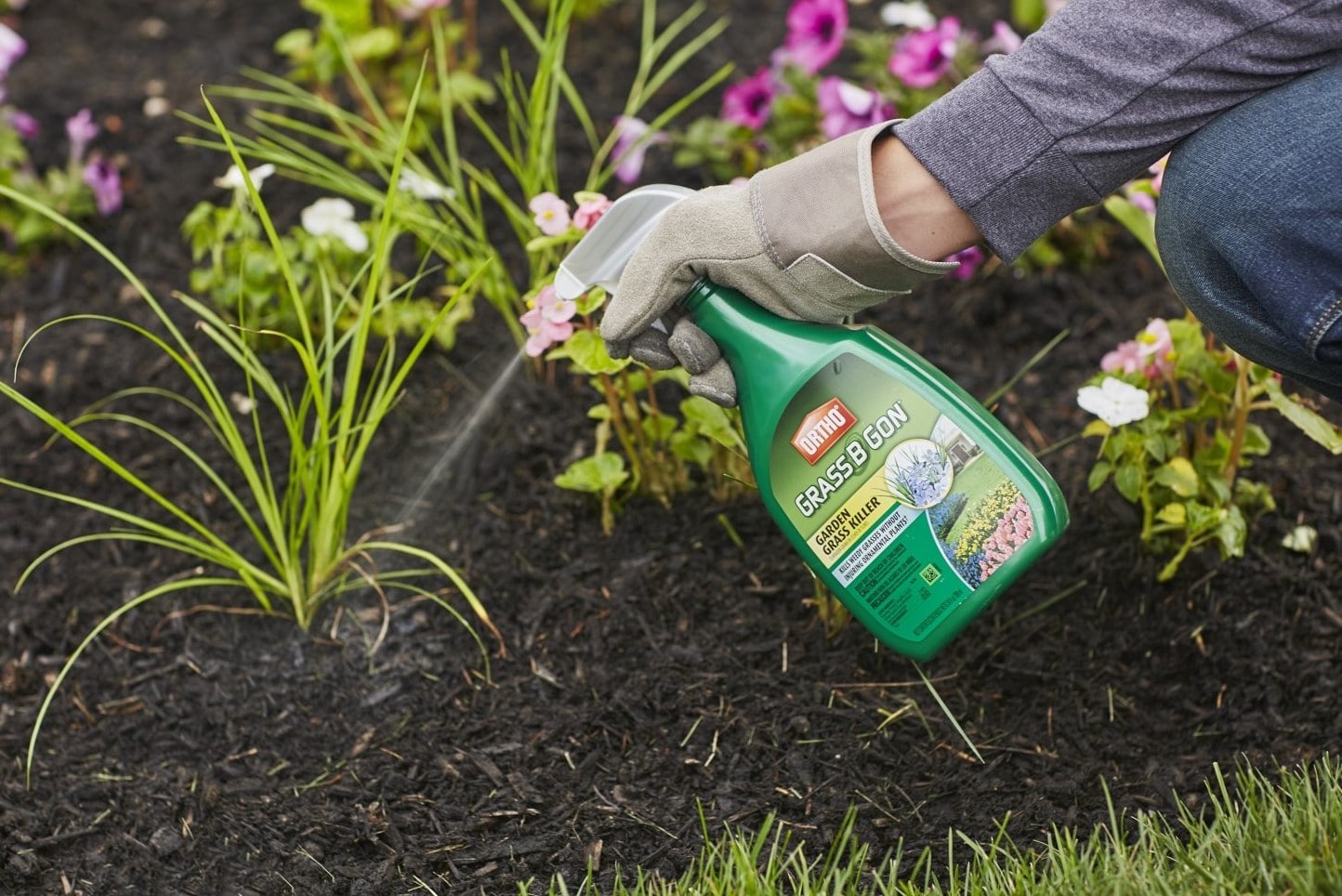
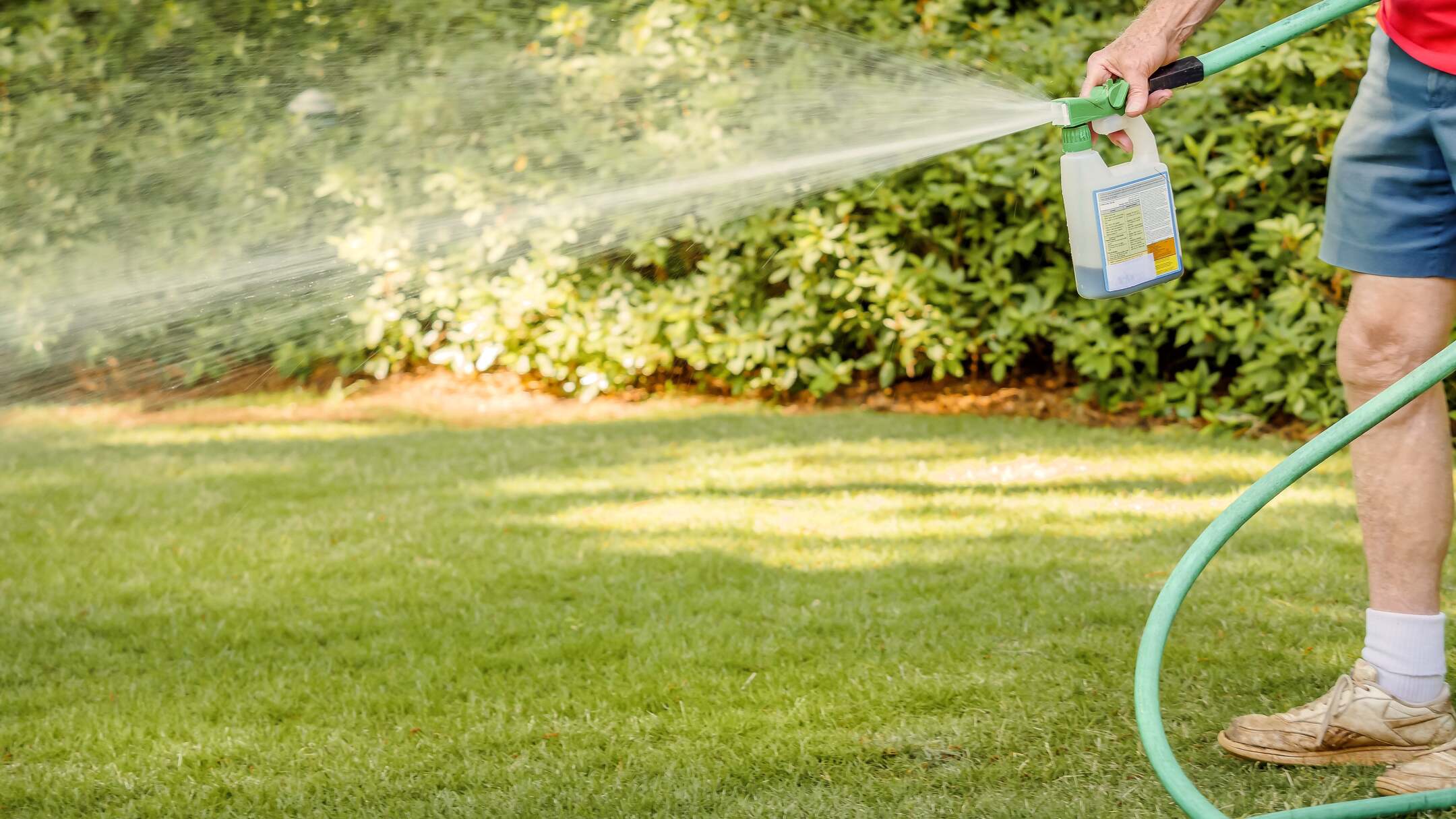
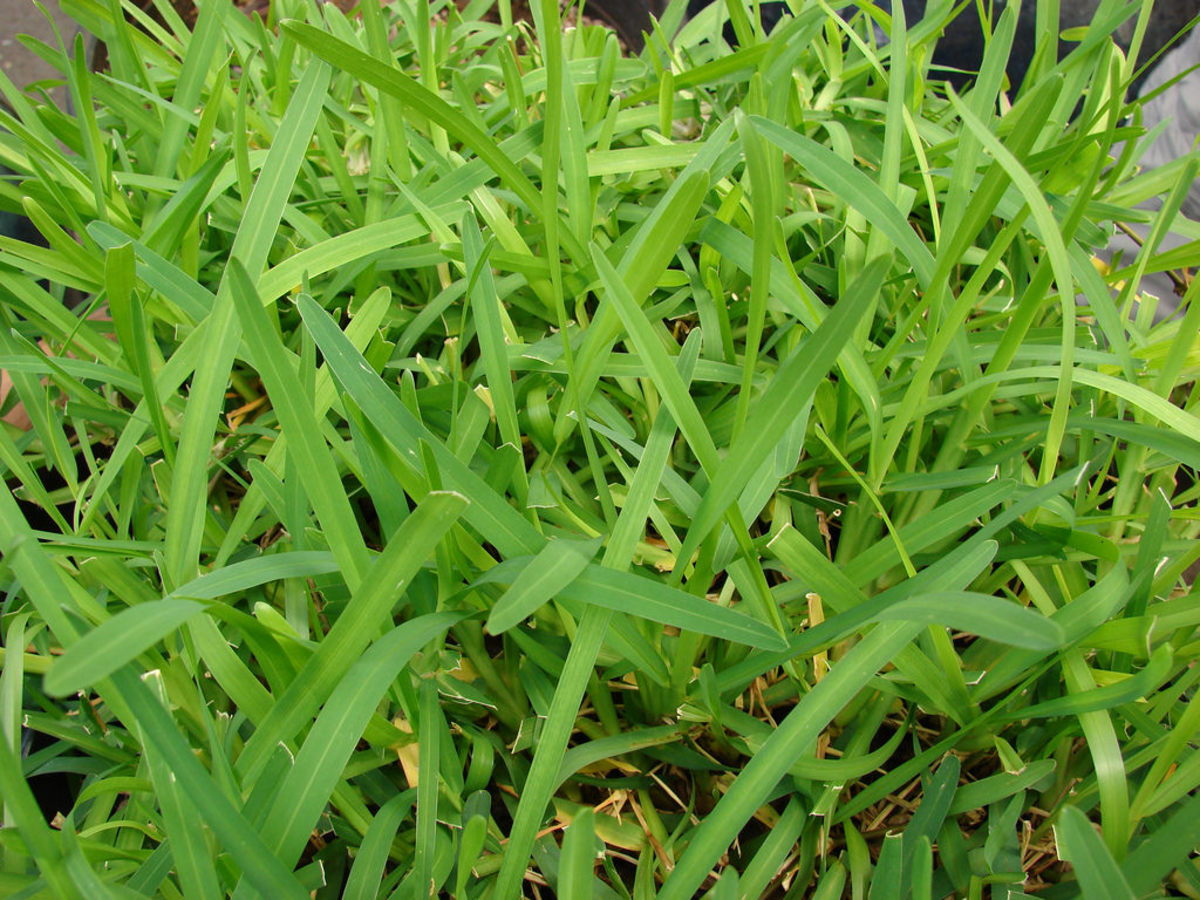

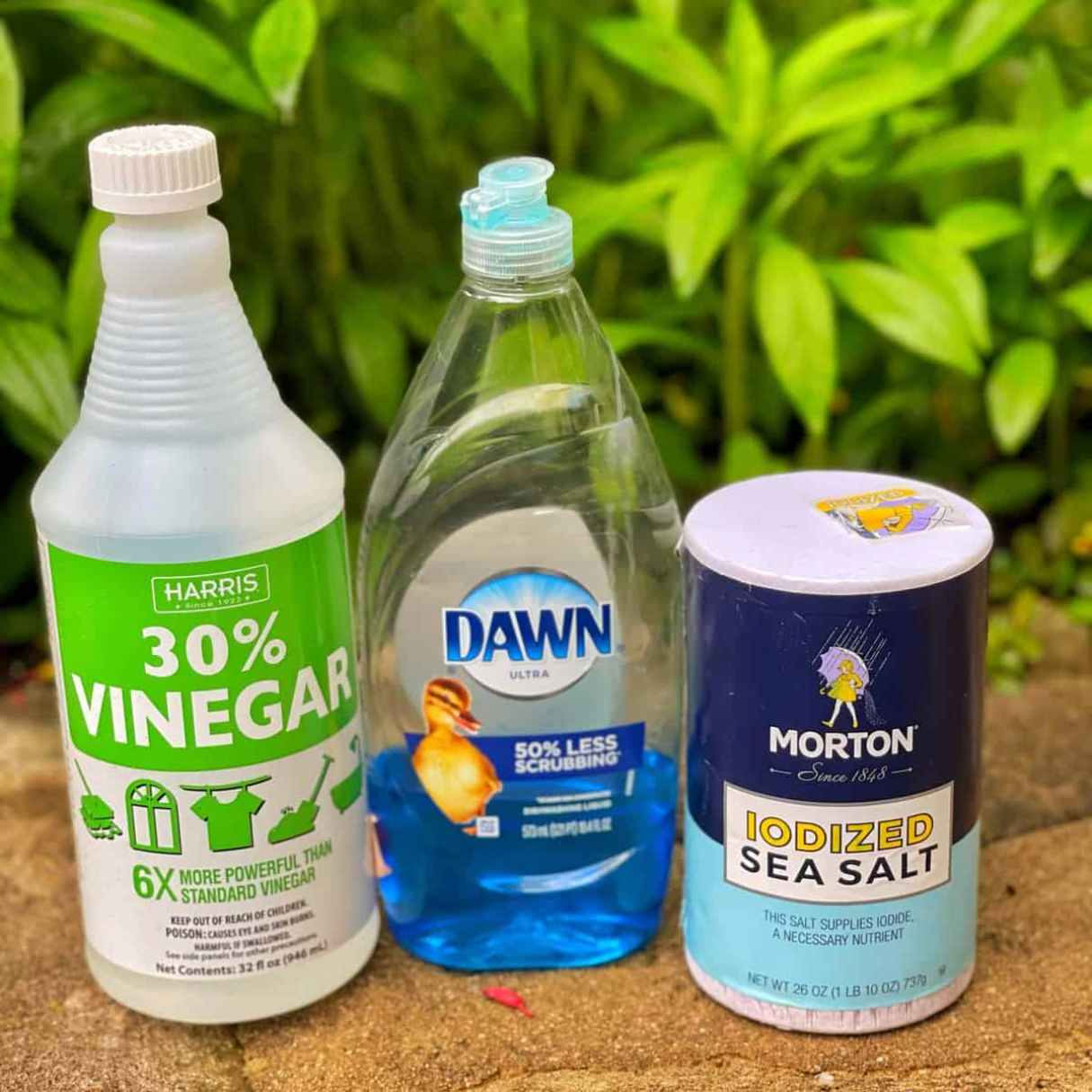


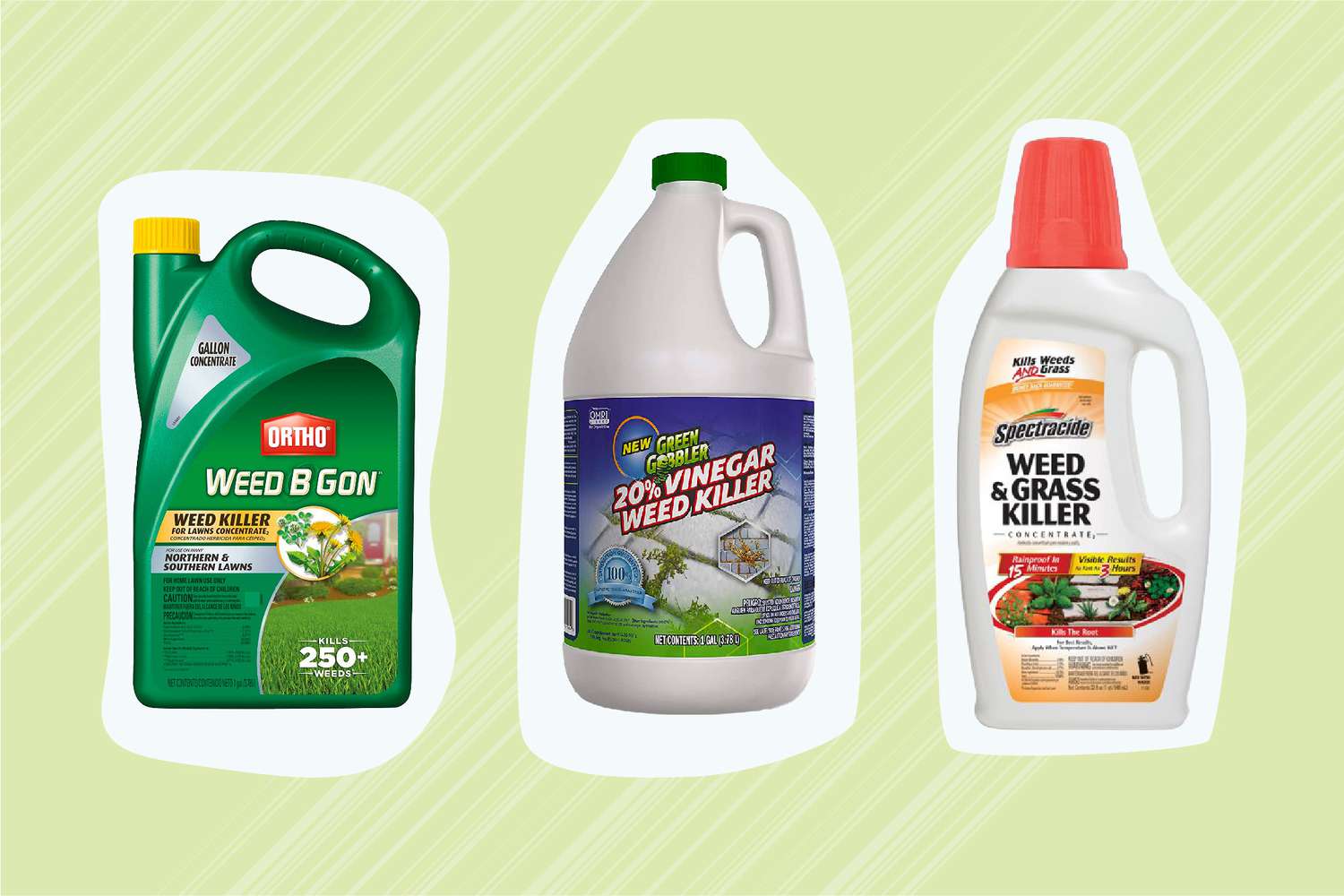
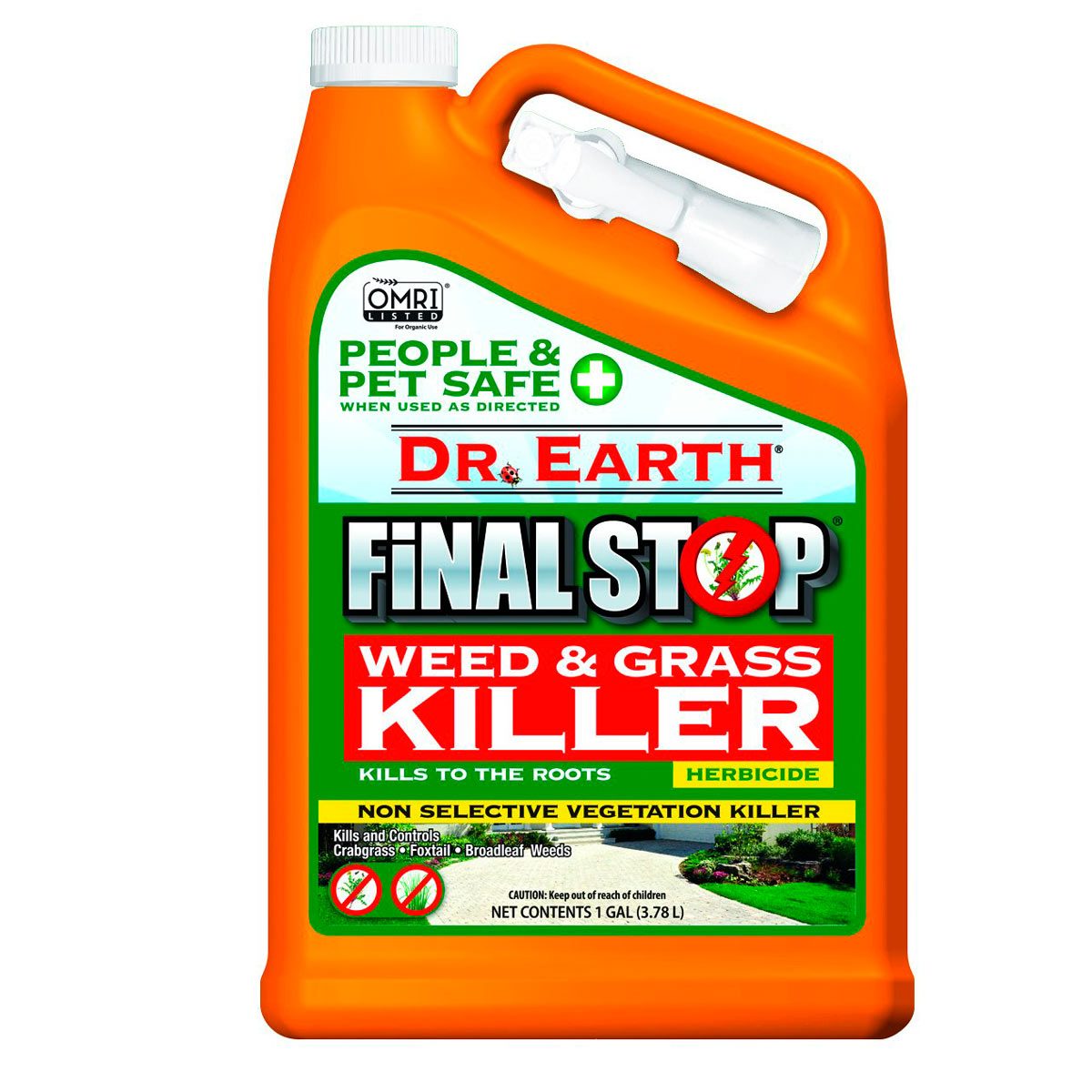
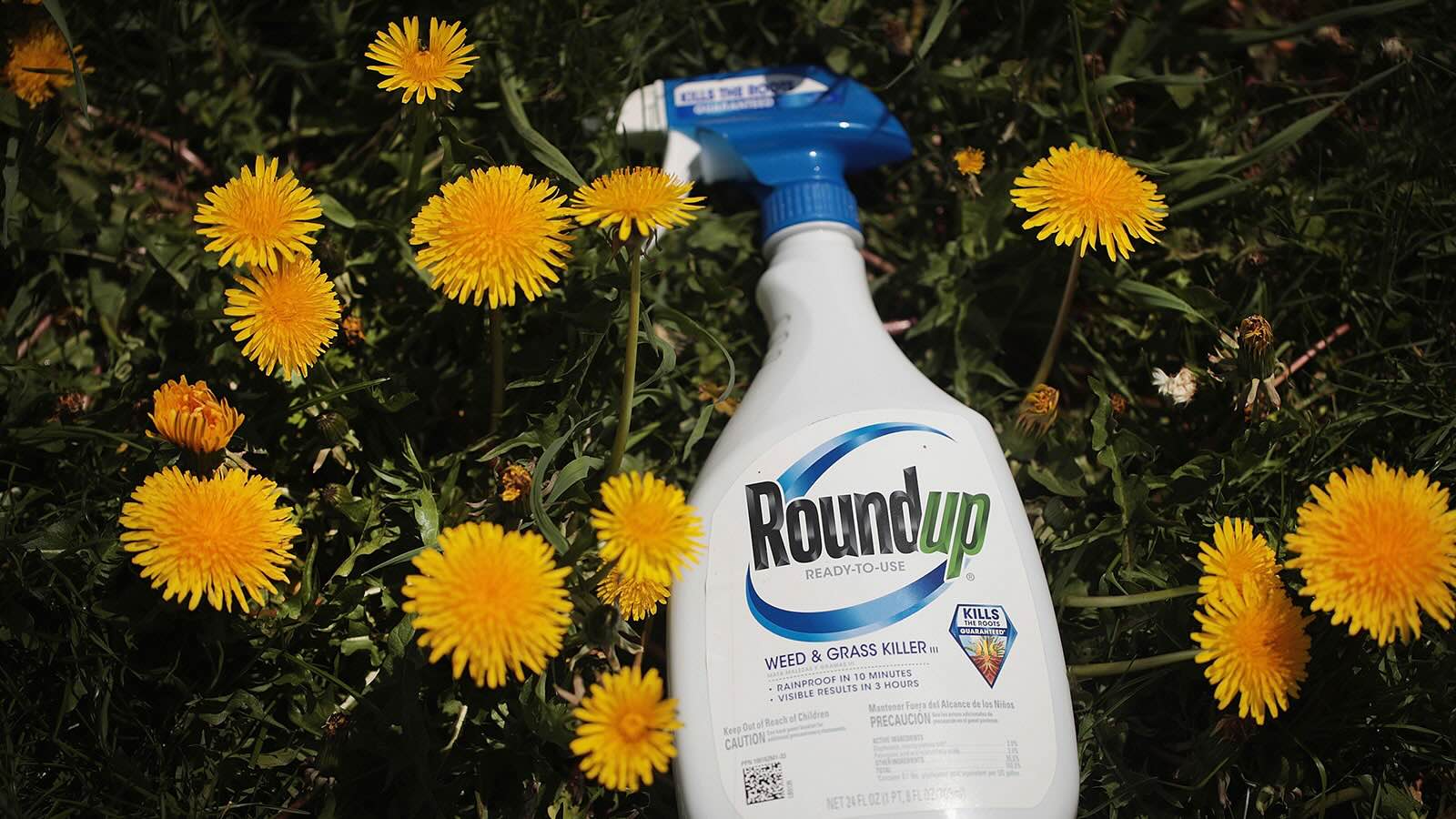

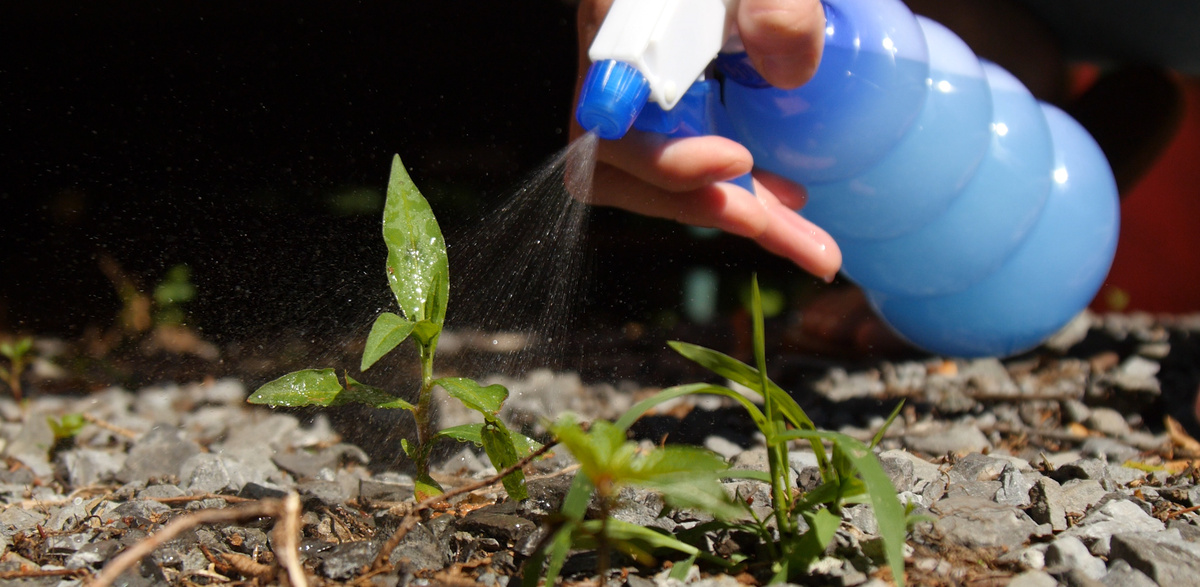

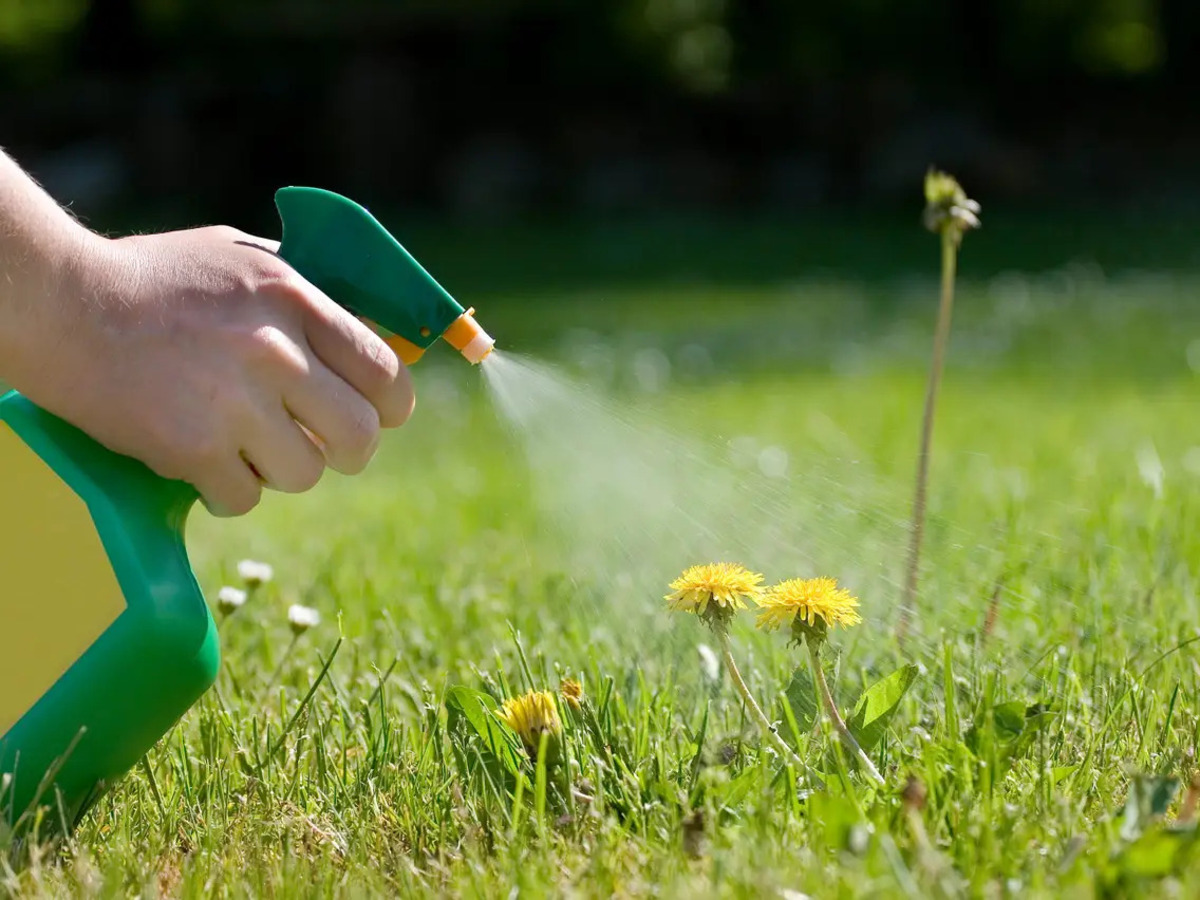


0 thoughts on “What Is The Best Weed Killer For Grass”